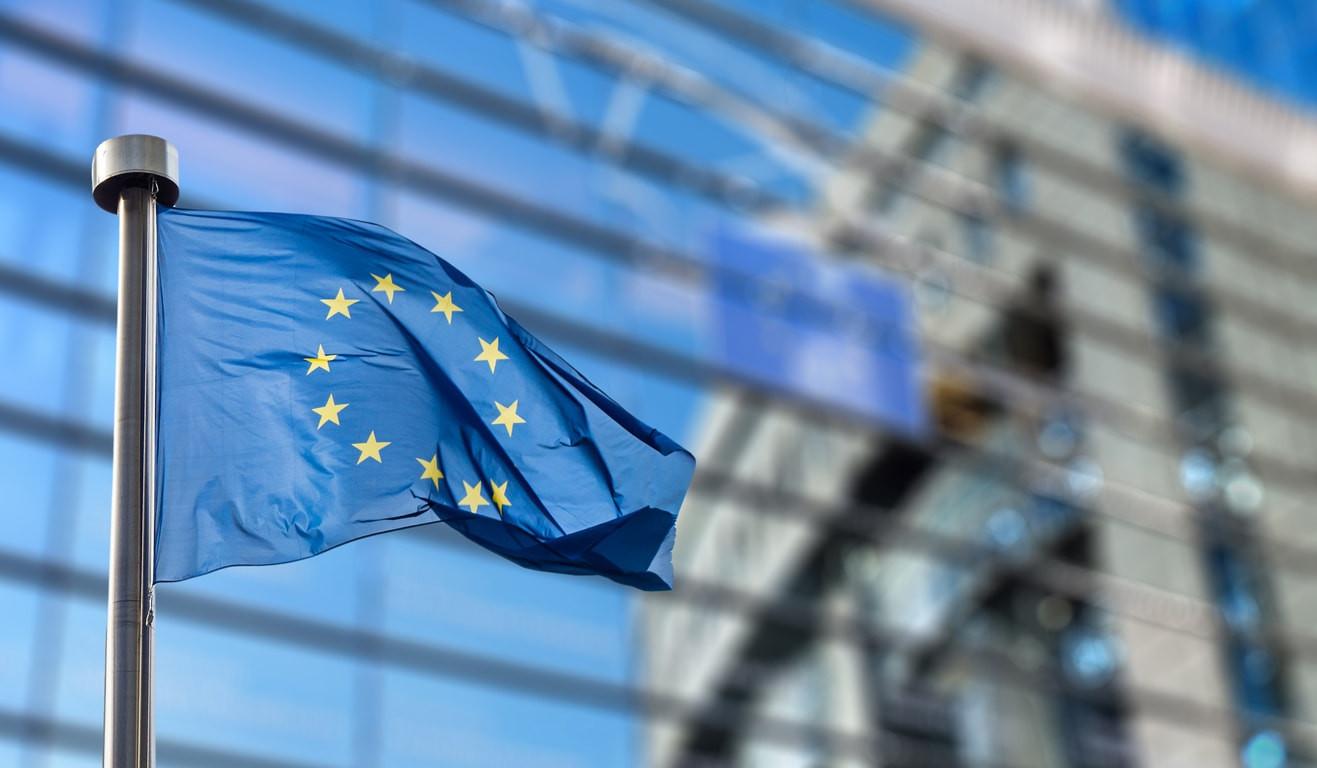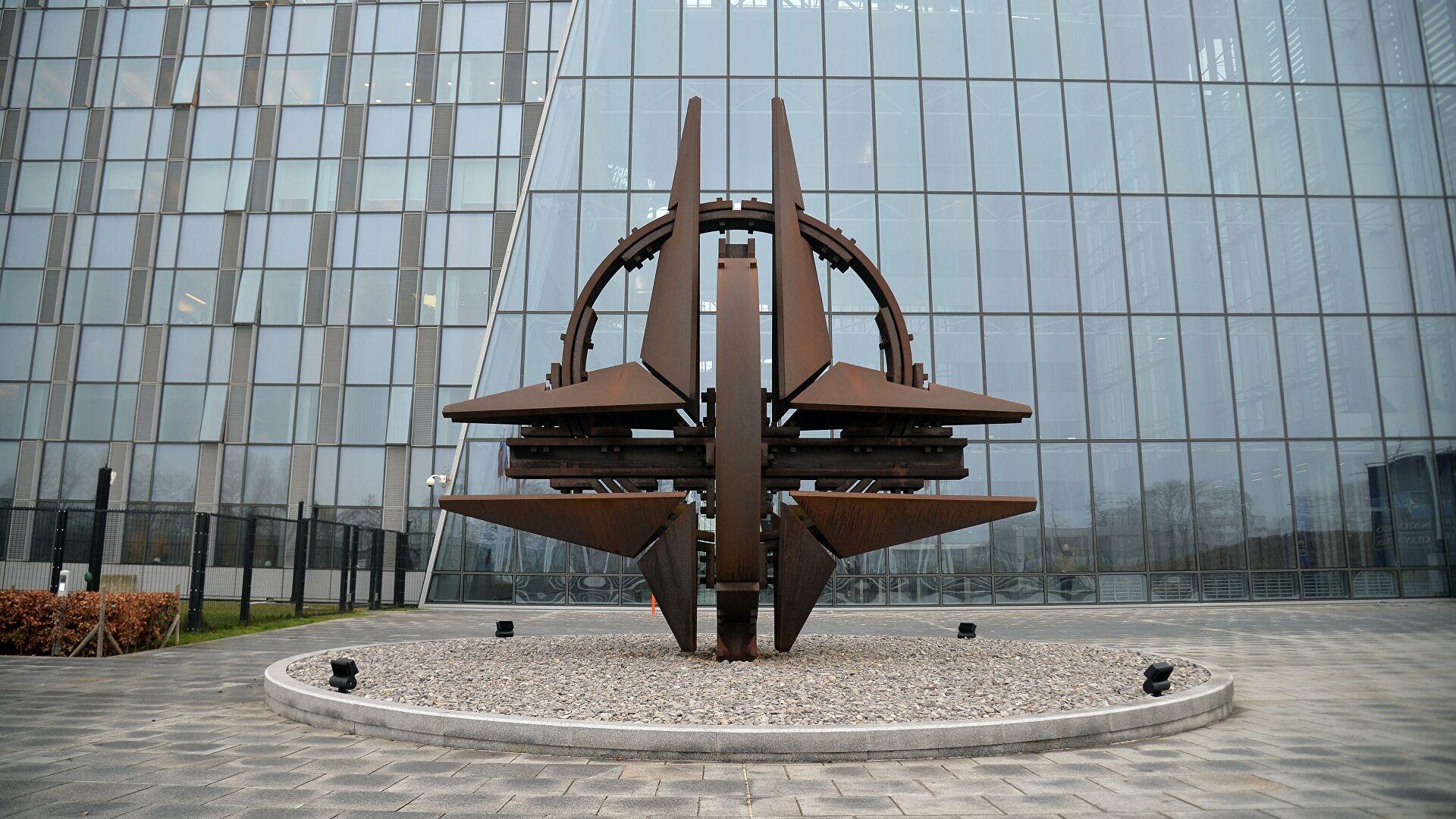Expert: Opening second front against Russia absolute disaster for Georgia Georgiy Kepuladze on Caliber.Az
Caliber.Az presents an interview with Associate Professor, Georgian expert in the field of economics Georgiy Kepuladze.
- As you know, the European Union decided to grant candidate status to Ukraine and Moldova, but refused to do so to Georgia. Why?
- First of all, we need to decide what the European Union itself is. This is an association of a number of states with a certain criterion of requirements, including democratic elections, respect for human rights, and the rule of law. Any country to join the EU must go through certain procedures, such as filling out a questionnaire and then obtaining the status of a candidate. These principles are called the Copenhagen Criterion, which was confirmed in 1995 in Madrid at the EU meeting.
One very important point should be understood: gaining EU membership is a long-term and complex procedure. Georgia, Ukraine and Moldova have already signed an Association Agreement. At the next stage, we had to get the status of a candidate. But there is a big "but" here – the status of a candidate does not mean a guarantee of EU membership. Take at least the Balkan countries - Serbia and Montenegro, which have been negotiating with the EU for more than a decade, but cannot come to a common denominator. Serbia, Albania and Macedonia have received the status but still cannot become EU members.
Ukraine applied for candidate status on February 28, four days after the start of the war, while Georgia and Moldova applied on March 3. As for Georgia, first of all, political problems, such as the unstable situation, should be solved here, as well as corruption and crime should be eradicated, security and freedom of the media should be ensured, and the rights of minorities should be protected. It is important that the work of public institutions be improved, and the judicial system be reformed, so that judges would be more independent in making decisions. These issues will not be resolved quickly.

- Can this EU decision be considered political and related to the fact that Georgia has not opened a second front against the Russian Federation?
- I do not recall any statements from EU officials indicating that Georgia has entered the war against Russia. Those people who made such statements were either former representatives of certain structures, or politicised entities presenting their subjective proposals, and therefore they should not be taken seriously. They should understand that 14 years ago Georgia already went through a war with Russia and we remember its results, we remember what hell we went through, so no one wants a repeat of this. Georgia does not have the ability to conduct military operations against Russia, and even if we started to conduct such military operations, it would not help Ukraine. An absolute catastrophe for our country is the only thing it would lead to.
- And if Saakashvili had been in power, would Georgia have received the status of an EU candidate?
- As for Saakashvili, we can assume a number of scenarios, but at the moment it is impossible to give a concrete answer to this question. It's hard to judge what didn't happen.
- Do you think Georgia's enthusiasm for becoming an EU member will moderate now?
- We must not forget that Georgia firmly embarked on the path of European integration immediately after the collapse of the Soviet Union. After that, it was fixed at the constitutional level that each state body, within its powers, should take measures for integration into the EU. There is a certain dissatisfaction among the people that we have not received the status of a candidate, but this does not mean that we will not seek to join the EU. Moreover, this refusal will give us an incentive to work more actively in this direction.
- And how do you assess Georgia's chances of joining NATO?

- For us, first of all, it is important to join the European Union, and then we can think about NATO. We cannot join the alliance while we have territorial disputes with Russia.
- In December, the European Union should make a decision on the status of Georgia. What are your expectations? Will it be negative again, as in June, or still positive?
- It will not be possible to fulfil the requirements that the EU has put forward for Georgia's admission in a short time. But despite this, I believe that by the end of the year our country will still receive the status because this is the only way out of the current situation for us. Therefore, our government has directed all its efforts to obtain this status. Even if we are able to implement not all, but only the most important requirements, this will give us the opportunity to get the coveted status.
- What level do you think Georgian-Azerbaijani relations are at now?
- Georgia and Azerbaijan are strategic partners. Baku is the main investor in the Georgian economy and the second-largest exporter of Georgia. More than 100 cooperation agreements have been signed between our countries.
We are implementing very serious projects in the energy sector, such as Baku-Supsa, Baku-Tbilisi-Ceyhan, and Baku-Tbilisi-Erzurum. It is also important to note the project of the Gardaban-Samukh power transmission line. Work continues on projects such as the formation of the Southern Energy Corridor, and the construction of the Baku-Tbilisi-Kars railway.
Tourism is also very important for the Georgian economy, and the number of tourists from Azerbaijan is growing every year, which is another positive moment in our relations.
- What important changes in the economic sphere have taken place in Georgia over the past two years?
- Georgia, like all countries of the world, was shocked by the pandemic that hit us at the beginning of 2020. The economic downturn was very serious, and the unemployment rate increased. In 2019, it was 17 per cent, and in 2021 it was already 21 per cent. At the same time, the level of poverty has increased. There was a drop in the level of GDP per capita, the pandemic reduced production revenues by 50 per cent. If tourism accounted for 8.5 per cent of GDP in 2019, then during the pandemic, the flow of travellers to Georgia decreased by 82 per cent. All this has caused great damage to the country. If not for the pandemic, Georgia could have achieved high economic indicators in 2022. However, we hope that by 2025 we will be able to restore the pre-pandemic indicators.








